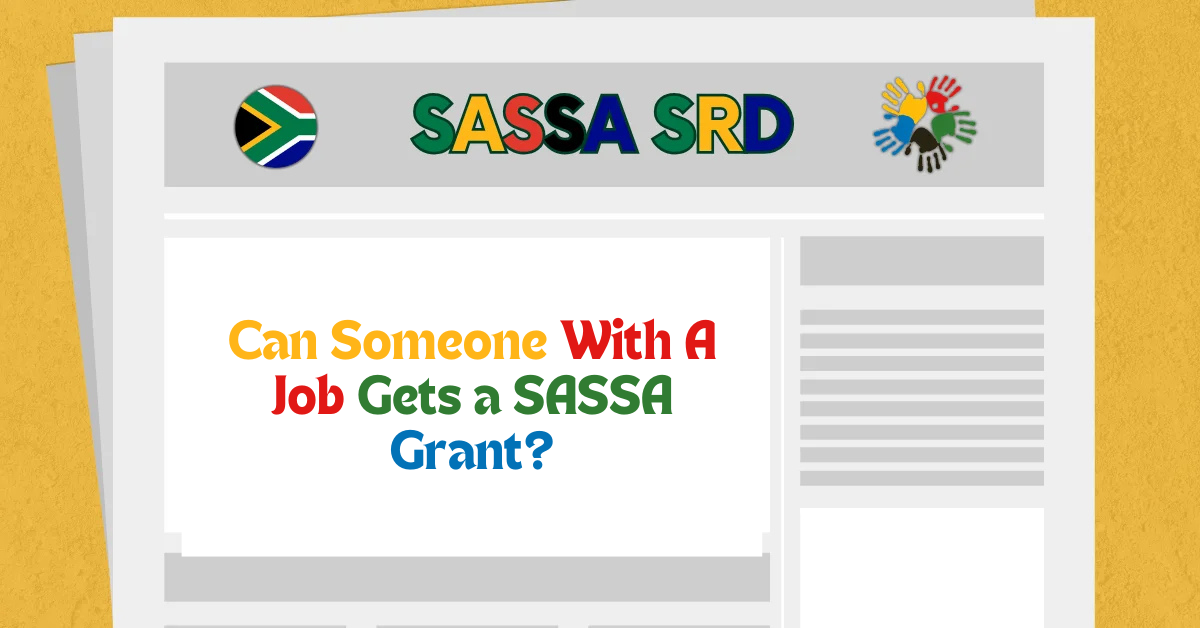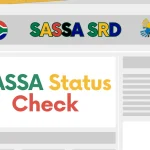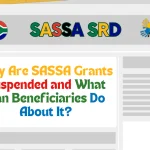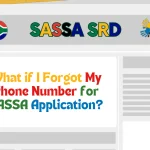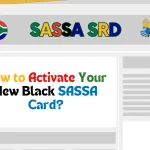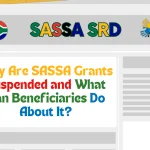I wondered if having a job disqualifies you from a SASSA grant. The answer? Yes, you can get a grant while employed, but it depends on your income, assets, and the grant type. In this article, I’ll explain SASSA eligibility, break down income thresholds, and guide you through applying while working. Expect clear steps, recent data, and practical tips to navigate the process.
What Are SASSA Grants?
South African Social Security Agency (SASSA) provides grants to support vulnerable citizens. These include Child Support, Older Persons, Disability, Foster Child, Care Dependency, War Veterans, and Social Relief of Distress (SRD) grants. Each has specific criteria, but employment doesn’t automatically exclude you. Your income and assets determine eligibility through a means test.
How Does Employment Affect SASSA Eligibility?
Having a job means SASSA evaluates your earnings against grant-specific thresholds. If your income is low, you may qualify. However, high salaries or valuable assets like property can disqualify you. You must report all income, including part-time wages, to avoid penalties. SASSA reviews your financial status regularly to ensure compliance.
Key Factors in the Means Test
- Income: Includes salaries, pensions, or other earnings.
- Assets: Covers savings, property, or investments.
- Thresholds: Vary by grant type, detailed below.
- Honesty: Declare all income to prevent repayment demands or disqualification.
Income Thresholds for SASSA Grants
Below are the latest income limits for major SASSA grants (as of 2025, sourced from SASSA’s official website):
- Child Support Grant:
- Single: Less than R5,300/month (R63,600/year).
- Married: Combined income under R10,600/month (R127,200/year).
- Older Persons Grant:
- Single: Below R8,300/month (R99,600/year).
- Married: Combined income under R16,600/month (R199,200/year).
- Disability Grant:
- Same as Older Persons: R8,300/month (single), R16,600/month (married).
- Social Relief of Distress (SRD) Grant (R370):
- Income below R624/month. Employment often disqualifies you due to strict criteria.
- Foster Child Grant:
- No income limit. Employment doesn’t affect eligibility.
- Care Dependency Grant:
- Single: Under R21,500/month (R258,000/year).
- Married: Combined income under R43,000/month (R516,000/year).
- War Veterans Grant:
- Single: Less than R8,900/month (R106,800/year).
- Married: Combined income under R17,800/month (R213,600/year).
If your salary exceeds these limits, SASSA may reduce or deny your grant. For example, a teacher earning R10,000/month likely won’t qualify for the SRD grant but may be eligible for a Child Support Grant if single and supporting children.
Can You Work Part-Time and Get a Grant?
Yes, part-time work is compatible with most SASSA grants, provided your income stays below the threshold. For instance, a retail worker earning R4,000/month could qualify for a Child Support Grant (single threshold: R5,300/month). However, you must:
- Report all earnings to SASSA.
- Provide recent payslips during reviews.
- Expect periodic reassessments to confirm eligibility.
Failing to disclose income can lead to penalties, including repaying grants. Always be transparent.
Special Case: Foster Child Grant
The Foster Child Grant stands out. It has no income threshold, so employment part-time or full-time doesn’t affect eligibility. You need legal foster care documentation and must meet other non-financial criteria. This makes it ideal for working foster parents.
How to Apply for a SASSA Grant While Employed?
Applying for a SASSA grant while working is straightforward. Follow these steps to boost your approval chances:
- Gather Documents:
- South African ID (smart card or green book).
- Six months of bank statements.
- Recent payslips or proof of income.
- Proof of dependents (e.g., birth certificates for children).
- Marriage certificate (if applicable).
- Visit a SASSA Office:
- Locate your nearest office via SASSA’s contact page.
- Applications are free. Beware of scams charging fees.
- Complete the Application:
- Fill out forms with accurate income details.
- Answer questions about employment and assets honestly.
- Submit and Wait:
- Processing takes up to three months.
- If approved, payments are backdated to your application date.
- Appeal if Denied:
- If rejected, appeal within 90 days via SASSA’s appeal process.
For real-time updates, check SASSA’s website or call their toll-free line: 0800 60 10 11.
Common Questions About SASSA Grants and Jobs
1. Will SASSA Reduce My Grant if I Get a Raise?
Yes, if your income exceeds the threshold, SASSA may lower or stop your grant. For example, an Older Persons Grant recipient earning R9,000/month (above R8,300) may lose eligibility. Report income changes promptly to avoid penalties.
2. Can I Get the SRD Grant While Employed?
Unlikely. The SRD grant requires income below R624/month, and posts on X confirm unemployment is a key criterion. Even part-time work often disqualifies you.
3. What Happens During SASSA Reviews?
SASSA conducts periodic checks to verify your income and assets. Submit updated payslips and bank statements when requested. If your financial situation changes (e.g., new job), your grant may be adjusted.
Tips to Maximize Your SASSA Approval
- Be Honest: Disclose all income and assets to avoid legal issues.
- Keep Records: Maintain payslips and bank statements for reviews.
- Check Eligibility: Use SASSA’s online tools or consult an officer to confirm your status.
- Monitor Income: Track earnings to stay within thresholds.
- Seek Guidance: Contact SASSA or visit a local office for personalized advice.
Why Transparency Matters?
Hiding income can lead to serious consequences. SASSA may demand repayment, impose fines, or ban you from future grants. A 2023 SASSA report noted thousands of cases where grants were reclaimed due to undeclared earnings. Always report your job and wages accurately.
Final Thoughts
You can receive a SASSA grant while employed if your income and assets meet the means test criteria. Grants like Child Support or Foster Child are accessible for low-income workers, but the SRD grant is stricter. Apply with full transparency, monitor your income, and use SASSA’s resources for guidance. For the latest thresholds or personalized help, visit SASSA’s official website or a local office. Have questions? Share them below or contact SASSA directly.
